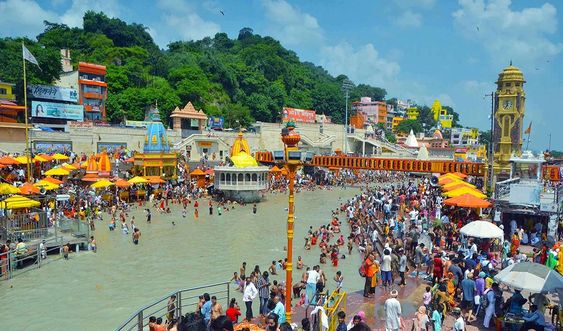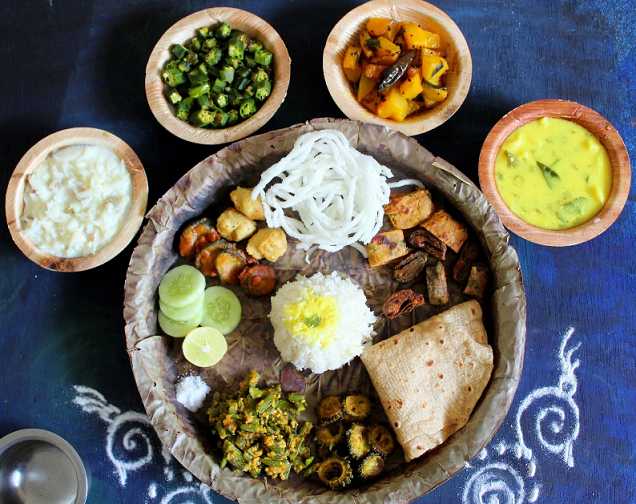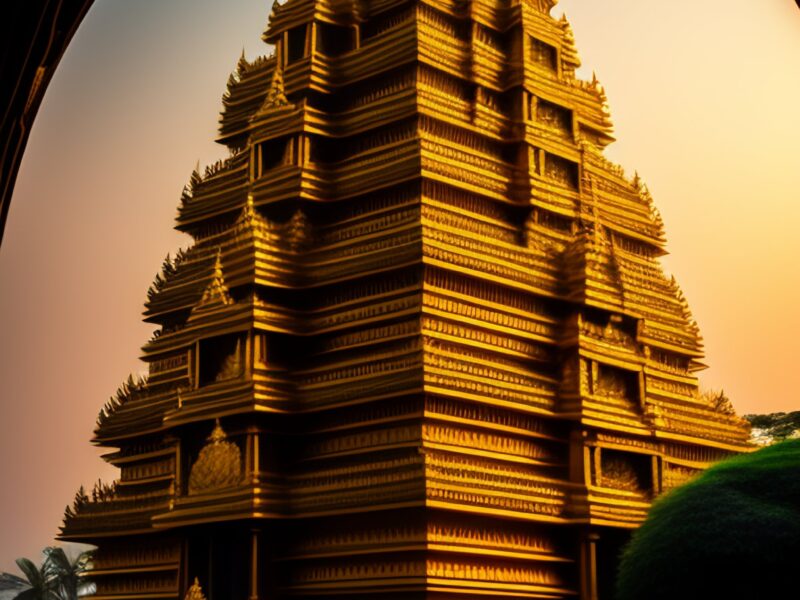Significance of Somvati Amavasya
Somvati Amavasya is an important Hindu observance that occurs when the Amavasya (new moon) coincides with a Monday (Somvar). This day is regarded as highly auspicious for spiritual activities, particularly those centered around purification and honoring ancestors.
Key Significances of Somvati Amavasya:
- Purification and Cleansing
- Physical and Spiritual Cleansing: Bathing in a holy river or lake on this day is believed to cleanse the body and mind of impurities. Rituals and prayers performed on this day are thought to purify the soul and remove negative energies.
- Ancestral Worship
- Honoring Ancestors: This day is dedicated to paying respect to one’s ancestors.
- Pind Daan: A key ritual involves offering Pind Daan, which is believed to nourish the souls of ancestors and ensure their peace and well-being.
- Lunar Significance
- New Moon Energy: The Amavasya phase is linked to new beginnings and spiritual renewal.
- Lunar Influence: It is believed that the moon’s energy on this day can deeply affect human consciousness and emotions.
- Lord Shiva’s Blessings
- Shiva’s Day: Monday is traditionally associated with Lord Shiva, a principal deity in Hinduism.
- Seeking Blessings: Devotees perform prayers and rituals to Lord Shiva on this day, seeking his blessings and protection.
In essence, Somvati Amavasya is a spiritually significant day that offers an opportunity for purification, ancestral reverence, and invoking the blessings of Lord Shiva.
Somvati Amavasya Rituals and Practices
Somvati Amavasya is observed through various rituals and practices aimed at spiritual growth and purification. Some of the common practices include:
Early Morning Rituals
- Holy Bath: It is considered especially auspicious to take a bath in a holy river or lake, such as the Ganges, before sunrise on Somvati Amavasya.
- Chanting Mantras: Devotees often chant mantras dedicated to Lord Shiva, like “Om Namah Shivaya,” to invoke his blessings.
- Offering Prayers: Prayers and offerings are made to Lord Shiva either in a temple or at home to seek his grace.
Ancestral Worship
- Pind Daan: Performing Pind Daan is a crucial aspect of Somvati Amavasya. This ritual is believed to benefit the souls of ancestors and ensure their peace.
- Offering Water: Pouring water on a picture or idol of ancestors is another common practice to honor them.
Fasting and Charity
- Vrat (Fasting): Many devotees observe a fast on Somvati Amavasya as a form of spiritual discipline.
- Charity: Acts of charity, such as feeding the needy or donating to religious causes, are considered virtuous on this day.
Other Practices
- Visiting Shiva Temples: Visiting Shiva temples and participating in special pujas or aarti is a popular way to celebrate Somvati Amavasya.
- Meditation and Yoga: Engaging in meditation or yoga can enhance spiritual focus and growth on this day.
The specific rituals and practices may vary according to regional traditions and personal beliefs.
Somvati Amavasya Across India
Somvati Amavasya is celebrated with unique customs and rituals in various regions of India. Here are a few examples:
- North India:
- Haridwar and Rishikesh: Pilgrims flock to these holy cities on the banks of the Ganges River to take a holy dip, offer prayers, and perform rituals.
- Kedarnath and Badrinath: Devotees also visit these sacred Himalayan temples on Somvati Amavasya.
- South India:
- Rameshwaram: This town in Tamil Nadu, known for the Ramanathaswamy Temple dedicated to Lord Shiva, is a popular destination where pilgrims perform rituals after bathing in the sea.
- Tirupati: The Tirumala Venkateswara Temple in Andhra Pradesh is another significant site for devotees on this day.
- West India:
- Dwarka: In Gujarat, devotees visit the Dwarkadhish Temple, believed to be the birthplace of Lord Krishna, to perform rituals.
- Nasik: This city in Maharashtra, known for the Kumbh Mela, sees significant observance of Somvati Amavasya, especially during the Kumbh Mela.
- East India:
- Puri: The Jagannath Temple in Puri, Odisha, attracts pilgrims who offer prayers and participate in the famous Rath Yatra festival around this time.
- Varanasi: This ancient city on the banks of the Ganges River is one of Hinduism’s holiest sites, where devotees perform rituals and take a holy dip.
Somvati Amavasya is celebrated with deep devotion and fervor across India, reflecting the diversity of Hindu traditions and customs.


